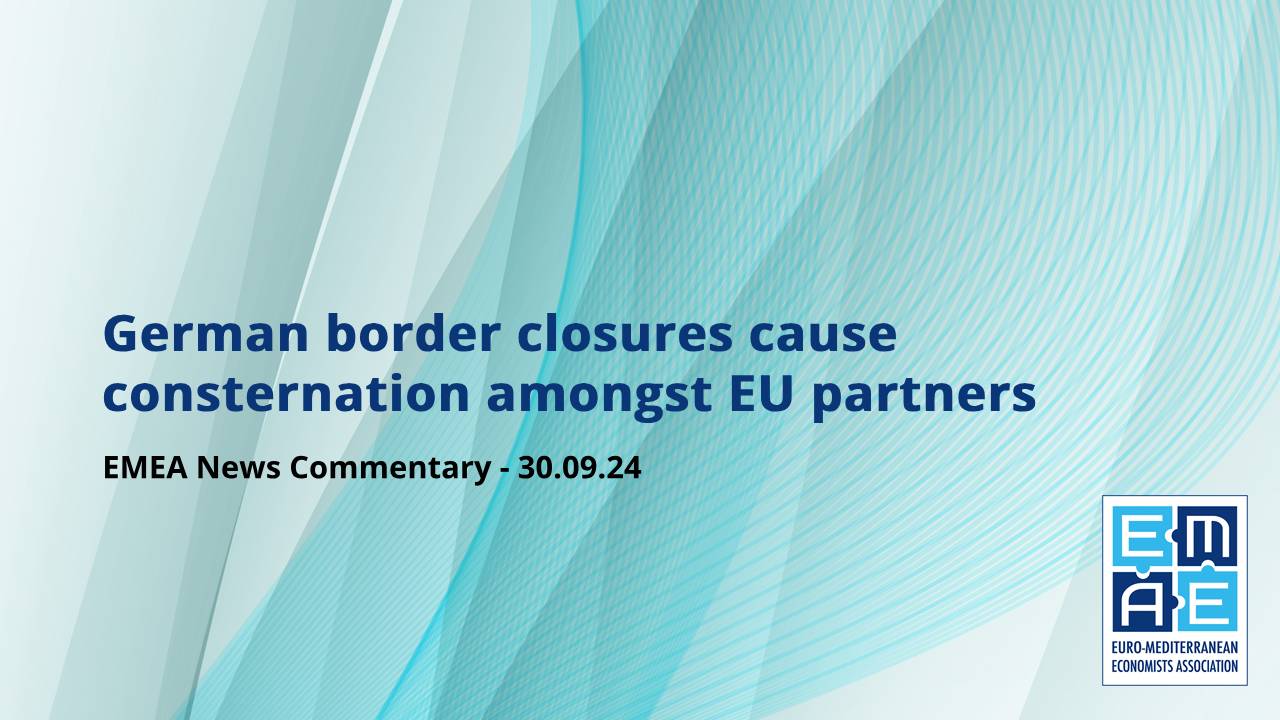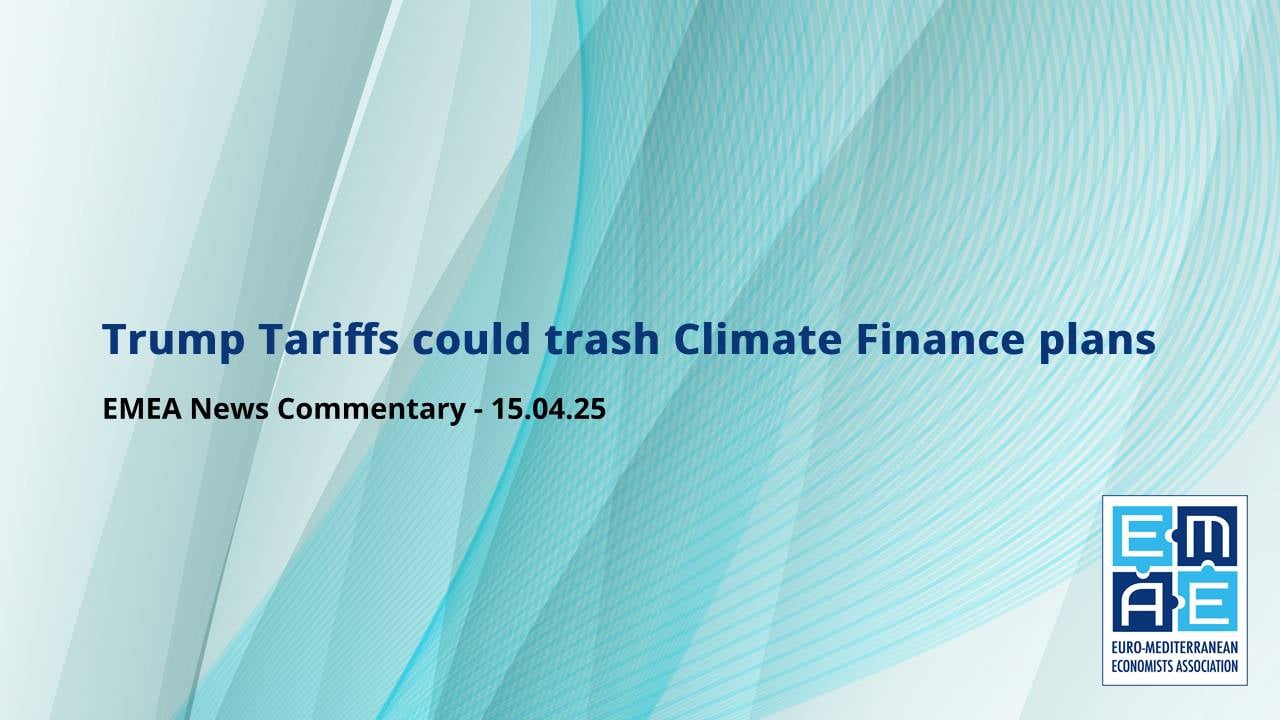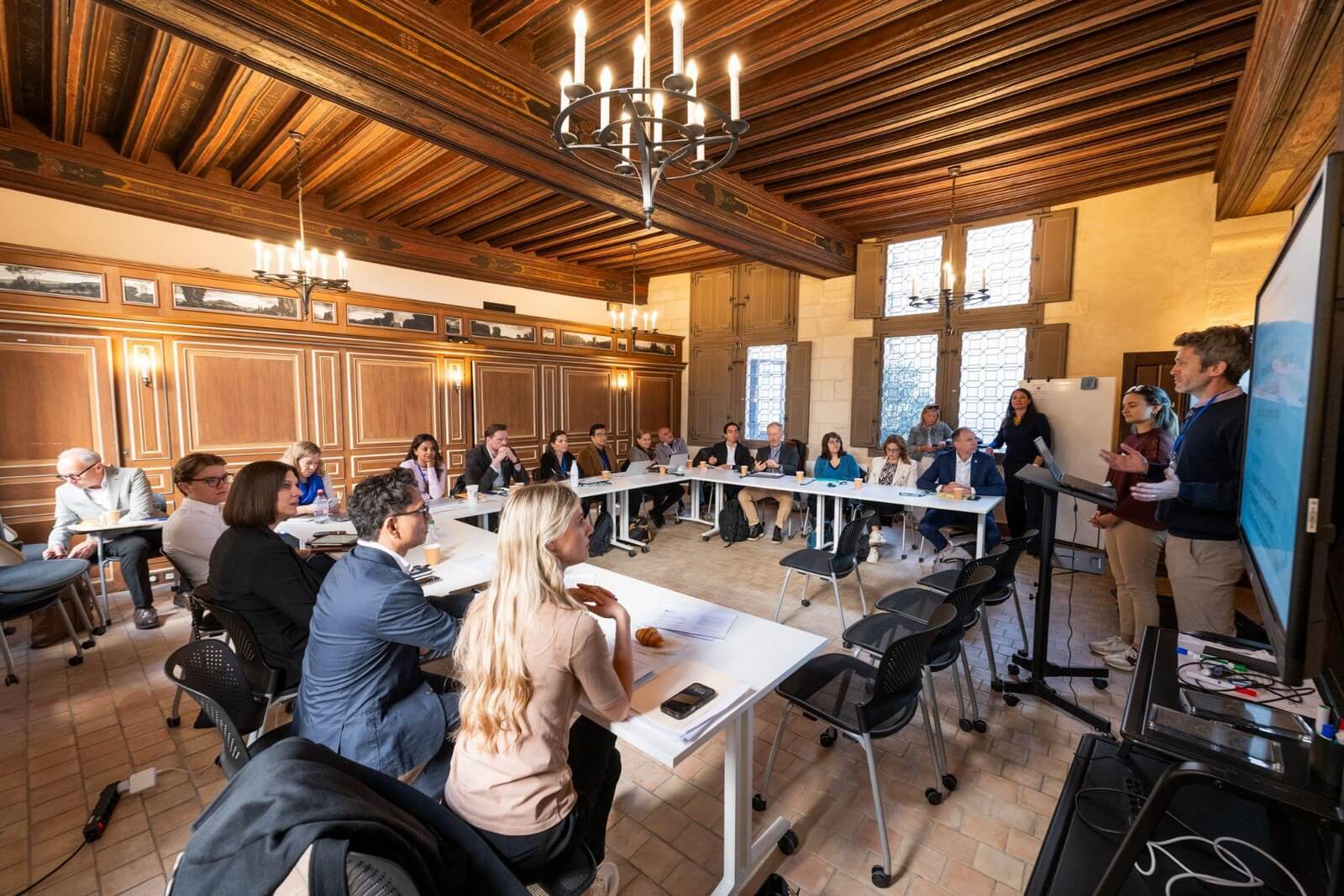As part of a crackdown on migration, Germany has introduced tougher new controls at all its land borders, CNN has reported.
It will mean restrictions being placed on a wide area of the hitherto free movement Schengen Zone, stirring anger amongst Germany’s European neighbours, the broadcaster said.
In addition to existing border controls with Austria, Switzerland, the Czech Republic and Poland, Germany has also initiated internal border measures with France, Luxembourg, the Netherlands, Belgium and Denmark.
The new powers, which will last for a six-month period according to Germany’s Interior Ministry, give the authorities the right to reject people trying to enter the country at any of its land borders.
CNN said it was indicative of how far Germany had “shifted in recent years on the flashpoint issue of migration.”
During the migrant crisis of 2015-16, former Chancellor Angela Merkel’s German government had welcomed more than one million new arrivals. Since then, however, the country had faced a “a surging far-right opposition.” Now, like other European countries, it would ratchet up its rules on who would be allowed in, CNN commented.
In the face of mounting criticism that the German coalition Government hadn’t done enough to tackle uncontrolled migration – and amid growing support for the far-right anti-immigrant Alternative for Germany (AfD) – Chancellor Olaf Scholz has been forced to act.
German Interior Minister, Nancy Faeser, said that Germany was “strengthening internal security through concrete action.” It would continue its “tough stance against irregular migration,” with the intention of protecting the German public from the dangers posed by Islamist terrorism, as well as serious cross-border crime, she declared.
CNN reported that the country’s approach to migration had toughened in recent years. This was prompted by a surge in arrivals – particularly from the Middle East and Ukraine – alongside a number of Islamic terror attacks.
Matters had come to a head after three people were stabbed to death in the western city of Solingen. The suspect was identified as a 26-year-old Syrian man with alleged links to ISIS, who had been scheduled for deportation.
European bloc unity being tested
Germany’s new security measures were testing the unity of the European bloc, amid criticism from their neighbours, according to CNN.
Whilst temporary internal border controls were permitted within the Schengen border-free area, the rules stated that these can only be applied by member states “as a last resort in exceptional situations” for a duration of up to six months.
The migration-stemming move by Germany, through the extension of temporary controls to all its land borders, was denounced as “unacceptable” by Polish Prime Minister Donald Tusk, the BBC reported.
Tusk said he would demand urgent talks with all countries affected. Both Greece and Austria had already stated that they would not be prepared to accept migrants that Germany had turned away, said the BBC.
Internally, the German Council for Migration warned that the border crackdown risked violating EU law.
Calling for an “evidence-based debate on migration policy in Europe,” the Council stated: “The current policy goal of turning back (migrants) seeking protection at Germany’s borders represents a dangerous form of populism in the migration policy debate.”
Despite this, Germany’s opposition conservatives said Berlin had not gone far enough.
Interior Minister Faeser’s plan is for police in all 16 German states to check whether an asylum seeker had already sought protection in another EU country. If so, swift proceedings would start to return them from where they had come.
According to the BBC, Poland had seen “a surge in illegal migrant crossings over its border with Belarus since 2021.” In large part, this resulted from what was described as a “hybrid war” waged by both Belarus and Russia. Many of the migrants were headed for Germany, said the report.
EU requests “proportionate” action
European Commission spokeswoman, Anitta Hipper, said that any German reintroduction of border checks would have to be done in accordance with the Schengen code. Whilst accepting that Germany’s measures were possible, any controls which were put in place “must be necessary and proportionate”.
Meanwhile, the BBC reported that Austria’s Interior Minister, Gerhard Karner, had instructed the head of police not to take any asylum seekers back who had been rejected by Germany. “There is no leeway,” he told the Frankfurter Allgemeine Zeitung.
However, the political right in the Netherlands were of a different view. “If Germany can do it, why can’t we?” asked Geert Wilders, whose anti-immigration, far-right Freedom Party came first in last year’s Dutch elections and is now part of the government. “As far as I’m concerned, the sooner the better.”
And Dilan Yesilgöz of the Dutch centre-right liberal VVD described the German plan as “super-interesting.”
Economic repercussions
The Associated Press (AP) reported that most of Germany’s neighbours were fellow members of the European Union and that the 27-country bloc was based on the principles of free trade and travel. Germany, “the EU’s economic motor in the heart of Europe”, shared nine borders with other countries – more than any other member state.
As well as extremist attacks, some people have complained that social services have been overwhelmed by the large influx of migrants, AP reported. This had led to growing support for firmer immigration policies.
But the Dutch Association for Transport and Logistics said Germany’s decision had undermined “the Schengen principle of free trade and it fears major economic damage.”
Dirk Jandura, the president of the Federation of German Wholesale, Foreign Trade and Services, said in a statement to AP that restrictions on the free movement of people “always mean delays and thus cost increases for the economy and especially for wholesale and foreign trade.”
He added: “However, if migration policy findings require restrictive measures, then this is understandable. For us, it is important to implement the measures with a sense of proportion.”
And Agnieszka Łada-Konefał, deputy director of the German Institute of Polish Affairs, told AP that random checks at the German-Polish border created traffic jams that would make it harder for people to cross the border for work. It would also discourage Germans from shopping in Poland.
“Due to the negative perception of the influx of migrants in Poland, any report of migrants being returned by Germany also negatively affects Polish-German relations and Germany’s image in Poland,” Łada-Konefał told the AP.
AP said that the Netherlands’ minister for asylum and migration had vowed to step up Dutch border controls. The agency also reported that Slovenia, Austria and Italy had also extended temporary border controls, either the entire length of their frontiers or in certain areas.
More a symbolic gesture
Reuters reported that critics of Germany’s tighter border controls could lead to racial profiling.
The country’s “tough stance” had also sparked concern amongst migration experts, who said the measures were more symbolic, rather than likely to have any long-term effectiveness.
“The signal is deterrence – an attempt to demonstrate the ability to act,” said Hans Vorlaender, chairperson of Germany’s expert council on integration and migration. He said that smuggling networks would find alternative routes and that a more sustainable solution would be to process migrant asylum applications at the EU’s external borders, i.e., first port of entry.
Reuters said the border controls were being reintroduced at a time when Germany had experienced a 21.7% drop in asylum applications in the first eight months of 2024.
According to Interior Minister Faeser, the fall in numbers was a result of controls that had been introduced last year, which had blocked over 30,000 unauthorised entries.
But migration experts interviewed by Reuters had said it was difficult to prove whether those measures were actually the reason for the decline in numbers. The new controls would mainly target asylum seekers coming from neighbouring EU countries. This would invoke the EU’s Dublin rules, requiring the processing of asylum applications in the first EU country of arrival.
A sociologist at bordermonitoring.eu, Max Speer, observed that Dublin cases only accounted for 30% of asylum applications in Germany.
Meanwhile, Maximilian Pichl, an asylum law professor at RheinMain University of Applied Sciences, said that Germany remained committed to upholding EU asylum laws. He commented that existing migration networks and communities in Germany continued to attract migrants.
But he also said that checks were usually directed against people of colour. “Studies show that such random checks can open the door to racial profiling,” he added.
Reuters reported that to counter these claims, the German interior ministry had reiterated that racially motivated police actions were unacceptable and unlawful.
Germany angers European neighbors as it tightens migration along all land borders | CNN
Germany’s expansion of border controls is testing European unity | AP News
Neighbours criticise German move to extend border controls – BBC News
Germany brings back border checks to curb migration, experts question impact | Reuters





